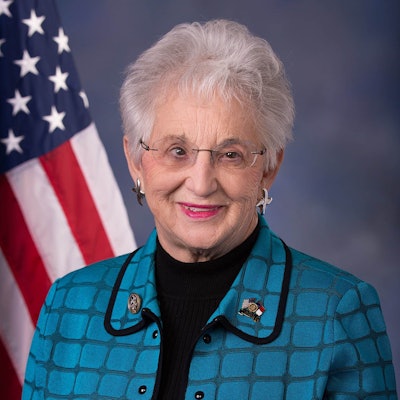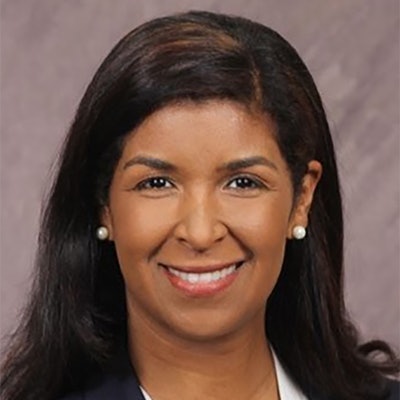Over the past decades, bachelor’s degrees have come to be seen as the key to qualifying for a good job. According to a report from LinkedIn, nearly 70% of American jobs require a bachelor’s degree, but only 37% of the workforce has one. This leaves many locked out of roles that they might have the skills to perform. The effect is particularly pronounced for those in minoritized groups: 79% of Hispanic workers don’t have bachelor’s degrees, and neither do 72% of Black workers.
Now, as the value of a college degree comes under increasing scrutiny, many are questioning whether a bachelor’s degree is really necessary for many occupations. Do airline pilots, for example, need to take English? Do HR professionals need to take science? If hiring were focused on the specific, job-relevant skills that a candidate has acquired from such diverse sources as life experience, internships, high school programs, community college, and the military, rather than specific credentials, many people might find themselves qualified for jobs that they wouldn’t have had access to, and the nation would have a larger pool of skilled workers. On Thursday, the U.S. House of Representatives’ Committee on Education & the Workforce held a hearing on this possibility, generating hope among its members that the United States will be able to transition to a skills-based economy.
 Representative Virginia Foxx, Chairwoman of the Committee on Education & the Workforce
Representative Virginia Foxx, Chairwoman of the Committee on Education & the Workforce
This broad support was reflected in the tone of the hearing, which Representative Donald Norcross, D-NJ., described as “probably one of the most cooperative discussions we’ve had in here.” For the most part, committee members made statements praising skills-based hiring as a fountain of opportunity, and asked questions designed to elicit evidence from the panel of witnesses, which included Dr. Karin Kimbrough, chief economist at LinkedIn, Dr. Mark Smith, director of HR thought leadership at the Society for Human Resource Management, Dr. Papia Debroy, senior vice president of insights at Opportunity@Work, and Dan Healey, vice president of human resources at SAP.
 Dr. Karin Kimbrough, chief economist at LinkedIn
Dr. Karin Kimbrough, chief economist at LinkedIn
There was an acknowledgment, however, that a national transition to a more skills-based approach could take some time. A shift in mindset will have to occur. Currently, managers are more likely to have bachelor’s degrees, and thus are more likely to look at a bachelor’s degree as an important credential. The hiring process may also become more complex, and assessments of skills must be developed and tested. Representative Rick W. Allen, R-GA., called for the Equal Employment Opportunity Commission to offer guidance on skills assessments and to reassure companies that the tests can be done in a legal way.
As for how the U.S. can accelerate the transition, the witnesses and lawmakers repeatedly promoted three solutions. The most prominent was the reauthorization and full funding of the Workforce Innovation and Opportunity Act, which helps job seekers find work, education, and training. Another was the National Apprenticeship Act of 2023, which would invest nearly $4 billion over five years to increase access to non-collegiate ways of developing in-demand skills. The final fix was support for short-term Pell, an idea currently proposed in three House bills that would allow the grant money to cover training programs that last less than 15 weeks.
One of the hearing’s only moments of tension came when Ranking Member Bobby Scott, D-VA., pressed Smith on how it could be ensured that skills assessments were valid and not racially biased. Smith did not address racial bias in his response and Scott cut him off, turning instead to DeBroy. DeBroy acknowledged that such assessments could be biased but did not have a ready solution either. The issue did not come up for the rest of the discussion.
It remains unclear how much the hearing will move the needle. Versions of each of the bills discussed have been proposed in prior years and failed to make it to the president’s desk. But the hearing made it evident that there’s bipartisan support for a focus on skills over credentials.
“We all share the same concepts,” said Representative Burgess Owens, R-UT., in his closing statement. “We want to make sure our kids are in good shape.”
Jon Edelman can be reached at [email protected].





















